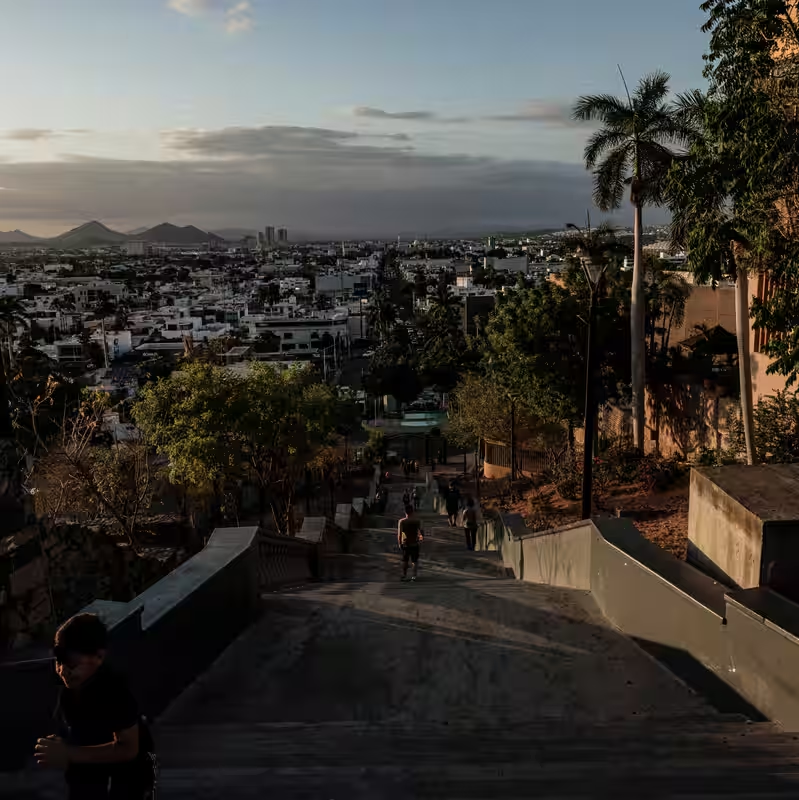Table of Contents
- Trump’s Caribbean Campaign
- Why Venezuela First?
- Mexico Watches Nervously
- Cartels Don’t Seem Worried
- The Trade Card: Trump’s Biggest Hurdle
- Public Opinion in Mexico Is Split
- Sources
Trump’s Caribbean Campaign
In a dramatic escalation of his anti-drug crusade, President Donald Trump has ordered U.S. forces to blow up suspected drug-smuggling boats off Venezuela’s coast—declaring what he calls an “armed conflict” against international cartels.
“We’re not going to sit back anymore and watch these people sail up and down the Caribbean like a cruise ship,” Secretary of State Marco Rubio said after the first strike in early October 2025. “What will stop them is when you blow them up.”
The move has drawn global attention—and raised a pressing question: if Venezuela is in the crosshairs, could Mexico’s powerful drug cartels be next?
Why Venezuela First?
Venezuela, ruled by the autocratic Nicolás Maduro, has long been a target of U.S. foreign policy. With limited diplomatic ties and no major trade relationship, it’s a low-risk testing ground for military-style interdiction.
“It’s politically easy to strike Venezuela,” said David Mora of the International Crisis Group. “But Mexico? That’s a whole different ballgame.”
Mexico Watches Nervously
As America’s largest trading partner—exchanging nearly $950 billion in goods annually—Mexico is watching the Caribbean strikes with caution. Senior Mexican officials, speaking anonymously, say they’ve seen no indication of imminent U.S. military action on their soil.
President Claudia Sheinbaum has drawn a firm red line: “Under no circumstances will the people of Mexico accept interventions that violate our territory—whether by land, water, sea or air.”
Still, the Trump administration’s rhetoric has rattled nerves. In May, Trump declared: “I would be honored to go in and do it,” referring to sending U.S. troops into Mexico to hunt cartel leaders.
Cartels Don’t Seem Worried
Surprisingly, even members of the Sinaloa Cartel—the world’s most prolific fentanyl supplier—express little fear of U.S. intervention.
“It will never happen,” said a 39-year-old security operative in Culiacán. “Sheinbaum won’t allow it. And even if they hit our boats, we have land and air routes. There’s always a way.”
For now, cartel violence is more inward-focused: brutal infighting over territory and supply chains dominates their daily reality far more than the threat of American missiles.
The Trade Card: Trump’s Biggest Hurdle
Economic interdependence may be the strongest deterrent. Disrupting U.S.-Mexico trade would cripple industries on both sides of the border—from auto manufacturing to agriculture.
Moreover, Mexico has stepped up its own anti-cartel efforts:
- 55 high-level cartel operatives extradited to the U.S.
- Hundreds of fentanyl labs destroyed
- Record cooperation with U.S. surveillance and intelligence
“The cooperation is the closest it’s ever been,” Rubio acknowledged during a September visit to Mexico City.
Public Opinion in Mexico Is Split
While the Mexican government stands firm against foreign intervention, public sentiment is more nuanced. Recent polls show:
| View | Support |
|---|---|
| Oppose U.S. military action in Mexico | 60%+ |
| Would welcome U.S. strikes to stop violence | 31% |
In cartel strongholds like Sinaloa, some business owners openly say: “If that makes the violence stop—where do I sign?”
Yet analysts warn against wishful thinking. “We should be careful what we wish for,” said Adrián López, editor of El Noroeste.
For now, the Caribbean remains the battlefield. But as Trump doubles down on his “war on cartels,” the line between rhetoric and reality grows thinner by the day.




